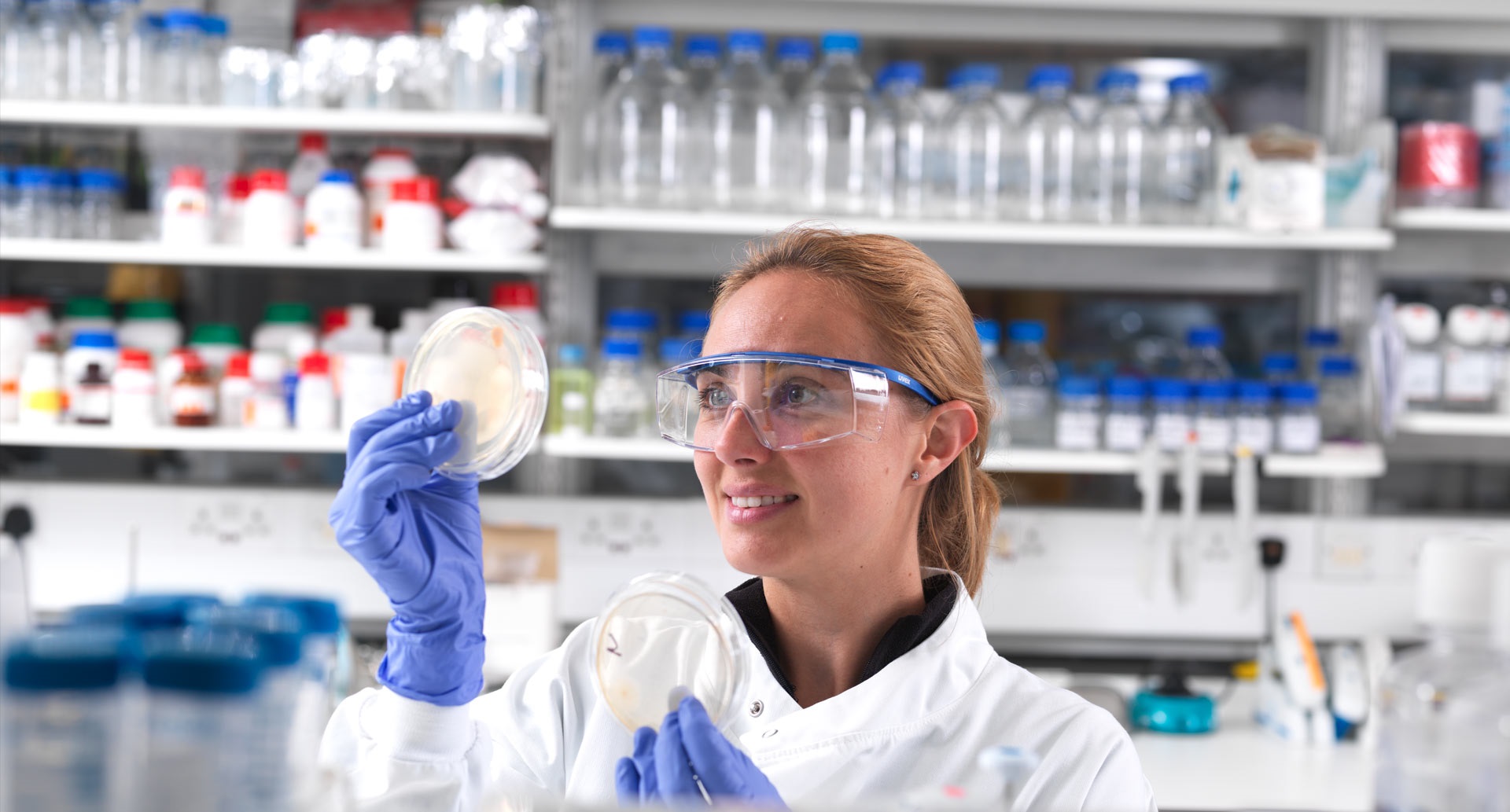Using an innovative scientific approach, scientists have obtained a wealth of new data on many of the proteins responsible for regulating the cell cycle – a sequence of molecular events that culminates in the production of two daughter cells. A dysregulated cell cycle is a hallmark of several diseases, including cancer.
This information will not only provide the scientific community with an in-depth resource they can use to delve further into cell cycle biology, but also potentially lead to the development of effective new targeted treatments for cancer.
If scientists can link specific protein activities during the cell cycle to an increased risk of cancer, they will then be able to look at ways to target them with carefully designed medications.
The study was performed by researchers from several teams at The Institute of Cancer Research, London, and funded by Cancer Research UK. The findings were published in the journal Nature Communications.
The importance of phosphorylation
The study focused on mapping the protein and phosphorylation changes throughout the cell cycle.
Phosphorylation is a common modification of proteins. It involves the attachment of a phosphate group, which changes the activity of the protein. This process plays a crucial part in regulating cell cycle progression by modulating the activity, localisation and stability of the key proteins involved.
The researchers were keen to better understand phosphorylation events, with the longer-term aim of determining the mechanisms that ensure robust cell division.
The disruption of phosphorylation events can cause uncontrolled cell proliferation, potentially resulting in cancer.
Taking a new approach
While previous studies have revealed insights about the dynamic changes in proteins and phosphorylation that occur throughout the cell cycle, their results have been limited by the use of cancer cells that may not accurately reflect the normal processes of cell division.
For this work, the researchers used a type of cell that contains all the key proteins known to regulate the cell cycle. They also used an inhibitor called palbociclib to pause the cell cycle at a natural stopping point to synchronise the cell cycle of each cell. This allowed them to analyse seven distinct phases of the cycle while minimising the impact on cell division.
They were able to identify a set of proteins whose abundance fluctuates throughout the cell cycle and characterise their phosphorylation state.
Unexpectedly, they found that for a significant proportion of proteins with cell cycle-dependent fluctuations, there was no clear known mechanism by which they could be destroyed by the cell. This suggests the existence of previously unrecognised regulatory pathways governing protein stability during the cell cycle – an area requiring further research.
Helping the cell cycle community
The scientists have chosen to share their findings via the Cell Cycle database (CCdb), which offers a unified platform for accessing and exploring cell cycle data relating to proteins and phosphorylation.
Joint first author Ifigenia Tsitsa, a PhD student in the Division of Cell and Molecular Biology at the Institute of Cancer Research (ICR) at the time of the research, said:
“This study provides a comprehensive reference for researchers investigating cell cycle regulation, facilitating the identification of new cell cycle-dependent proteins and phosphorylation sites.
“We hope this comprehensive dataset will help the cell cycle community to study the intricate regulatory mechanisms governing cell cycle progression. It is by working collaboratively that we will fully unravel the complexity of cell cycle regulation.”
Lead author Dr Norman Davey, Group Leader of the Short Linear Motif Group at the ICR, said:
“We took a novel approach to this work, which addressed the previous challenges associated with data accessibility and integration from various experimental setups.
“I’m delighted that we’ve been able to produce an accessible resource for exploring protein and phosphorylation abundance profiles, thereby enhancing the reproducibility and comparability of cell cycle studies.
“We hope that a better understanding of the cell cycle – how it should be regulated and what exactly happens when things go wrong – will lead to new effective and safe treatments being available to cancer patients in the future.”
To expedite this as much as possible, Dr Davey and his team are diving straight into further research, working to understand the role of specific phosphorylation sites in key cell cycle proteins.
